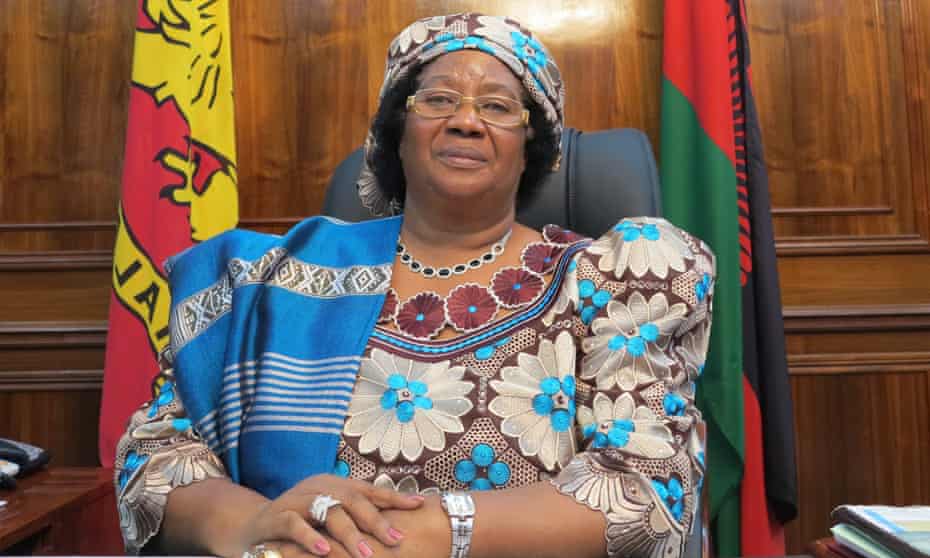There is gunfire, rumours of a military takeover spread. There is no sign of the president. The citizens turn on the television and collectively switch to the state channel. New leaders in berets and fatigues announce that the constitution has been suspended, the national assembly has been dissolved, and borders have been closed. This was the story in most African countries during the 1960s, 1970s, and 1980s when coups were at their peak across the continent.
There was a time when it was believed that the era of military coups had passed in Africa. Unfortunately, power grabs, unconstitutional military takeovers, and coups are returning to Africa. Across the region, there has been a rise in the number of successful or attempted coups in recent years. In recent months, coups have occurred in Mali, Guinea, Sudan, and Chad. In 2022, a military junta has already taken power in Burkina Faso, and there were failed coups in the Central Africa Republic and Guinea Bissau.
These coups pose a threat to the democratic gains made by African countries in recent decades. The coups weaken existing political institutions, encourage political violence, and increase the likelihood of civil wars simply by showing how easily power can be wrestled by brandishing a gun and undermining the constitution.
The resurgence of coups in Africa is disturbing; it threatens the region’s peace, security, and stability. Coups are contagious. Africa’s democracies must be reconsidered. Analysts warned that if the Malian government fell, Burkina Faso might follow. Now that it has, they are warning that if the coup plotters are not punished, the region will see more coups.
Why are the generals making a comeback African?
Coups were frequent and common across Africa in the early post-colonial decades. Corruption, poverty, mismanagement, restoring the rule of law, and promising to restore democracy were frequently cited by coup leaders as justifications for overthrowing regimes. Coups tended to be successful due to widespread public backing, particularly at the local level. The most common arguments for coups were allegations of widespread corruption and poverty. These reasons struck a chord with Africans because they properly described the reality on the ground in their countries. However, pledging to improve the rule of law by seizing power and disregarding those same rules is inherently self-defeating.
In the 1990s and 2000s, a wave of democracy and the revival of multiparty politics presented a ray of hope for democratic administrations. In the context of the Lomé Declaration, signed in 2000, and the African Charter on Democracy, Elections, and Governance, adopted in 2007, the African Union and other African regional organizations promised to reject unlawful government transitions outrightly. However, democratic norms such as free and fair elections, freedom of expression, and human rights are not upheld. African elections are becoming increasingly controversial and defined by fear, which is a big source of concern. Worryingly, according to Afrobarometer surveys, only a minority of Africans believe elections help produce a representative and accountable leadership.
Regardless, staging coups to overturn the constitutional order to change a democracy is a non-viable premise. Coups have failed to deliver social revolution with all of their anti-corruption rhetoric. There is no such thing as a “good coup” anyway. In almost every case, African coup leaders have proven to be just as corrupt as the regimes they deposed, and their attempts to improve the lives of ordinary citizens have failed.
What next for the continent?
The structure, motivations, reasons, and situations that instigate coups in Africa have remained largely unchanged, whether on a national/domestic or global scale. On the one hand, democracy in Africa has not made sufficient headway in national politics to avoid the continent’s return to authoritarianism. Over the last two decades, citizen debate on governance and democracy in Africa has evolved, focusing on the quality of electoral processes and the legitimacy, accountability, and performance of its leaders. In practice, however, African regional organizations, such as the African Union, have reduced democracy to holding elections and selectively respecting term limits.
In Sub-Saharan Africa, there is a trend of democratic recession, with diminishing democratic institutions and civil society and the rise of new and nuanced techniques of circumventing constitutionally mandated presidential term limits and winning rigged or manipulated elections.
Both African leadership and its external allies would have to play a critical role in reversing the increasing trend of coups in Africa. African countries must decolonize and quantitatively democratize. African regional organizations must properly engage civil society. It would not be enough to give lip service to democratic norms like accountability, transparency, and civic responsibility to prevent future coups. On the other hand, major partners must reconsider and reevaluate long-standing patterns of engagement with Africa. It is critical to recognize and partner with African states to generate productive and viable medium and long-term benefits. It would be counterproductive to view and engage with African states solely as a source of short-term profits. Africa is no longer a supplicant actor. In truth, African states have been able to assert themselves in their interactions with the rest of the world.
The African Union and African Regional Economic Communities (RECs) must take proactive rather than reactive measures to penalize “unconstitutional preservation of power.” Otherwise, if military leaders in African countries continue to seize power with impunity, a vicious cycle of subsequent coups would emerge.


